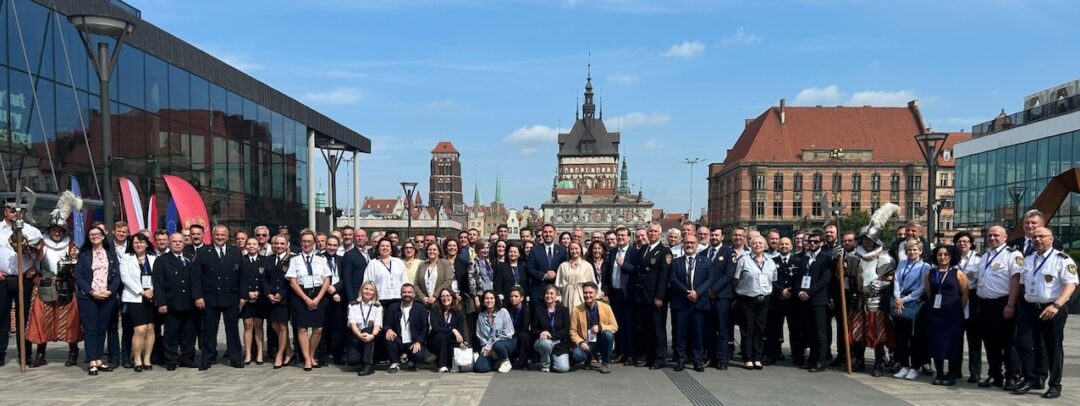
SafeSkills – Increasing Regional Availability of Skilled Labour in Safety and Security Sectors
In light of today’s complex global security environment and ongoing crises, regional development and innovation policies in Europe need to be increasingly focusing on safety, security, and societal resilience.
The main objective of the project is to address the critical need for skilled labour in security sectors across European regions by:
- Leveraging the expertise: Strong and emerging safety and security clusters across Europe
- Enhancing security resilience: Ensuring the availability of skilled labour.
- Promoting economic growth: Through the development of security sectors.
- Fostering cross-sector collaboration: Encouraging multidisciplinary cooperation.
- Addressing emerging challenges: Tailored and place-based regional policy responses to current security, and resilience concerns
The project is led by the Tampere Region Economic Development Agency: Business Tampere Ltd. The partners are Rzeszow Regional Development Agency, Region Provence-Alpes-Côte d’Azur, Barcelona City Council, Odessa Region and Efus.
The activities are:
- Baseline analysis of current safety and security policy frameworks, policy learning needs, and objectives, along with a mapping of key actors in safety and security clusters and ecosystems across all partner regions.
- Development of the Interregional Roadmap Development.
- Good Practice Catalogue.
- Interregional learning visits to partner regions to explore local approaches and initiatives in security.
- Policy learning workshops where good practices from the host region or city are presented and their transferability to other partner regions is discussed.
- Staff exchange programme enabling partner organisation staff members to gain hands-on experience and foster cross-regional collaboration.
Efus leads the baseline assessment in the SafeSkills project, analysing local and regional security policies, identifying learning needs, and mapping key actors. It will also support learning visits, produce reports on good practices transfer, and help shape policy improvements. To boost project visibility, Efus will share results through publications and coordinate the final event that will take place at the same time as its General Assembly. Additionally, it will develop policy fact sheets.
May 2025 – July 2029
Pilar De La Torre – Project Development Manager – delatorre@efus.eu



